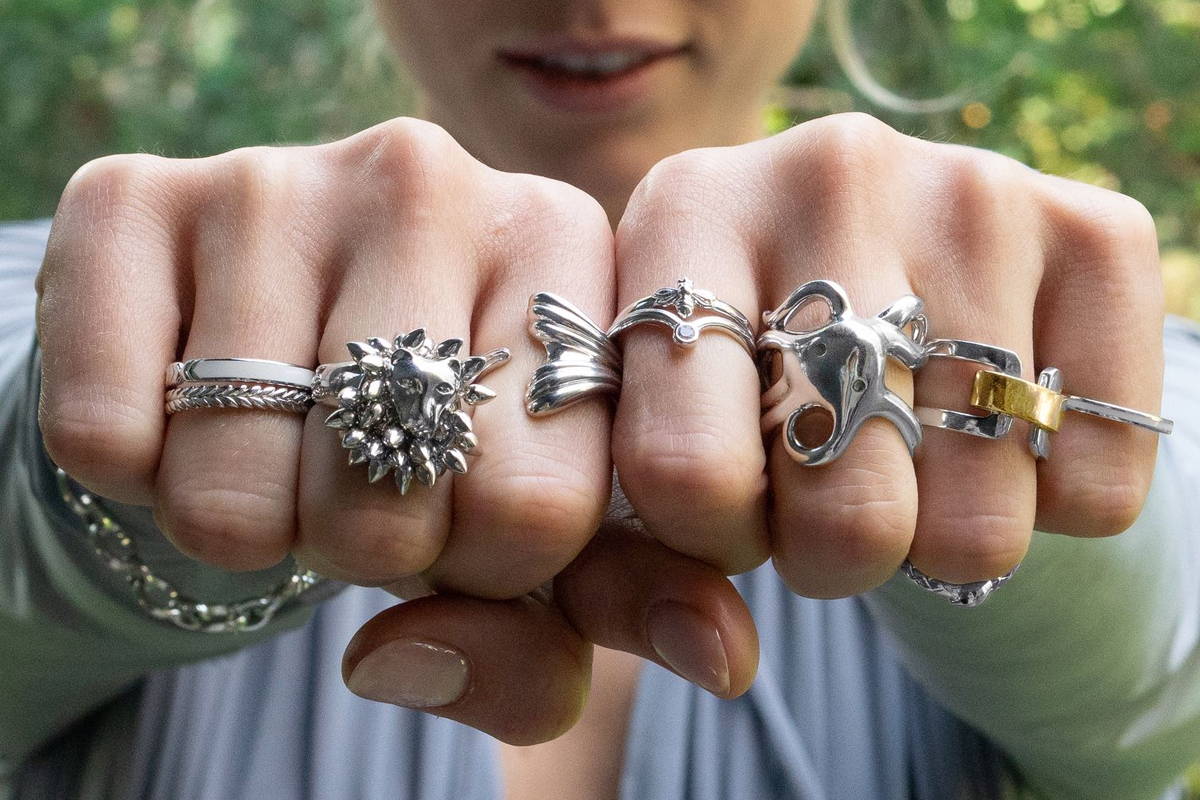When we compare furniture versus rings, we’re not just debating products; we’re weighing symbols of life itself. Furniture represents utility, comfort, and legacy within a home. Rings capture commitment, milestones, and deeply personal sentiment. Over my years advising families, firms, and even retail ventures, I’ve seen both hold powerful sway over people’s decision-making — just in very different ways.
Furniture as a Life Investment
Furniture often serves as the backdrop to family history. I’ve seen clients treat a dining table like a silent witness to decades of celebrations and struggles. From boardroom discussions to private homes, furniture embodies shared experience. Unlike jewelry, it is used daily and wears the marks of life, which often increases emotional worth rather than diminishing it.
Consider how Outdoor Patio Furniture transforms social interactions. I once worked with a resort client who invested heavily in outdoor settings, and guest satisfaction scores rose by nearly 30%. Furniture doesn’t just fill space; it frames experiences and memories.
Rings as Eternal Commitment
Now, let’s talk about rings — they carry a different kind of weight. I’ve sat in countless wedding consultations where the conversation wasn’t about cost but meaning. A ring is about permanence and symbolism. In business terms, it’s not about ROI in dollars, but in emotional equity.
What struck me during my advisory work in luxury retail is that people rarely regret spending more on sentimental jewelry. Men Wedding Rings in particular often hold the deepest personal connections, representing loyalty and milestones. Unlike furniture, rings are less about function and more about reassurance — the comfort of knowing someone’s choice endures.
Daily Use Versus Symbolic Use
Here’s the real distinction: furniture you live with, rings you carry. One surrounds your environment, the other stays with you physically. I’ve found that daily-use items broaden connection over time. For example, a well-chosen chair can spark conversations for years. Rings, however, offer a single, powerful message that consolidates identity and relationships in an instant.
The tension is between routine comfort and symbolic declaration. Neither outweighs the other universally; it depends who you ask and where they are in life.
Generational Legacy
When you think generationally, furniture often gets passed down with a story attached: a farmhouse table, a crafted wooden bed. But rings? Rings almost always carry more intensity. I once helped a client evaluate heirlooms, and the rings were discussed with reverence while furniture initiated practical debates. That tells us something.
Legacy isn’t just about keeping objects — it’s about which objects are seen as irreplaceable.
Emotional ROI in Business Terms
From a business perspective, we could express emotional value as Return on Experience (ROX). Furniture delivers a steady compounding effect through daily memories. Rings, on the other hand, bring instant emotional spikes during key transitions — proposals, weddings, anniversaries. In all my consulting work, I’ve noticed leaders justify expenses differently depending on whether they seek ongoing comfort or symbolic permanence.
Social Status and Perception
I’ve seen it play out repeatedly: furniture dominates social hosting, while rings dominate social perception. A client of mine once remarked that guests comment more on their living room setting than almost any luxury accessory. Contrast that with public business circles — I’ve heard board members note someone’s ring as an indicator of their life story. Both carry status, just in different contexts.
The Economic Angle
Furniture depreciates in traditional accounting — but emotionally, it can appreciate. Rings hold or even increase in resale value, but their true “figure” lies in symbolic attachment. I’ve frequently advised couples during downturns: better to invest in timeless items over trendy indulgences. Furniture can sometimes become an asset to a real estate sale; rings, however, rarely leave owners’ possession.
Personal Choice and Timing
Truthfully, which holds greater emotional value — furniture or rings — depends on timing. Newlyweds prioritize rings for symbolism. Growing families often turn to furniture as their hearts shift toward shared environments. I’ve lived both phases personally and professionally, and the reality is people evolve. What defines value today won’t necessarily stay the same tomorrow.
Conclusion
From my years in both business strategy and personal advisory, I’ve learned the debate between furniture versus rings isn’t about which is “better.” It’s about when in life each takes precedence. Furniture sustains life with ongoing comfort. Rings crystallize moments with enduring meaning. Ultimately, both shape how we live, love, and remember.
FAQs
Which lasts longer emotionally, furniture or rings?
Rings typically hold deeper symbolic permanence, while furniture connects with memories of daily life. Both carry emotional longevity in different forms.
Do people regret buying furniture or rings more?
In my experience, people rarely regret rings. Furniture can lead to buyer’s remorse if comfort or style aren’t aligned with use.
Is furniture or a wedding ring a better long-term investment?
Purely financially, furniture usually depreciates, while rings may retain value. Emotionally, both serve crucial but different investment roles.
Why do rings feel more sentimental than furniture?
Because rings symbolize direct commitment and milestones, while furniture symbolizes shared space and living history. It’s about personal identity versus collective memory.
Can furniture ever surpass rings in emotional value?
Yes, particularly in family homes. For example, a dining table used across three generations often carries more emotional resonance than a modest ring.








